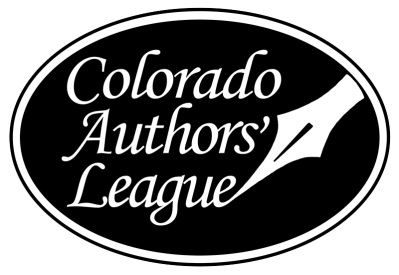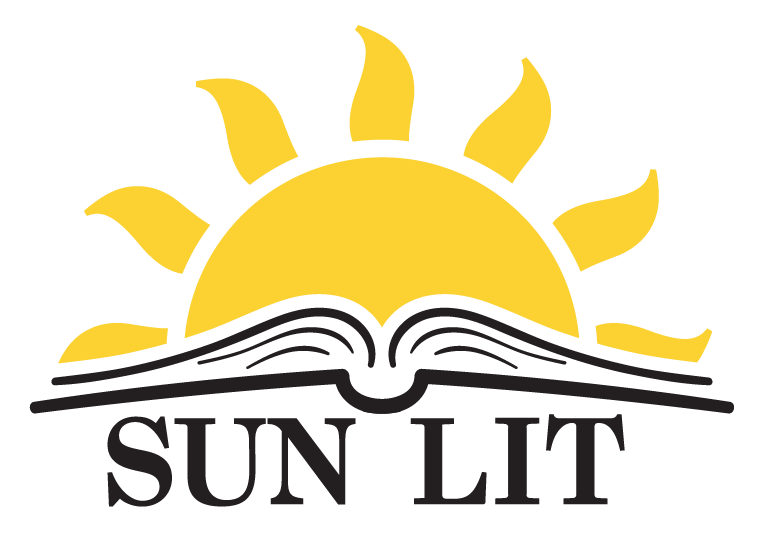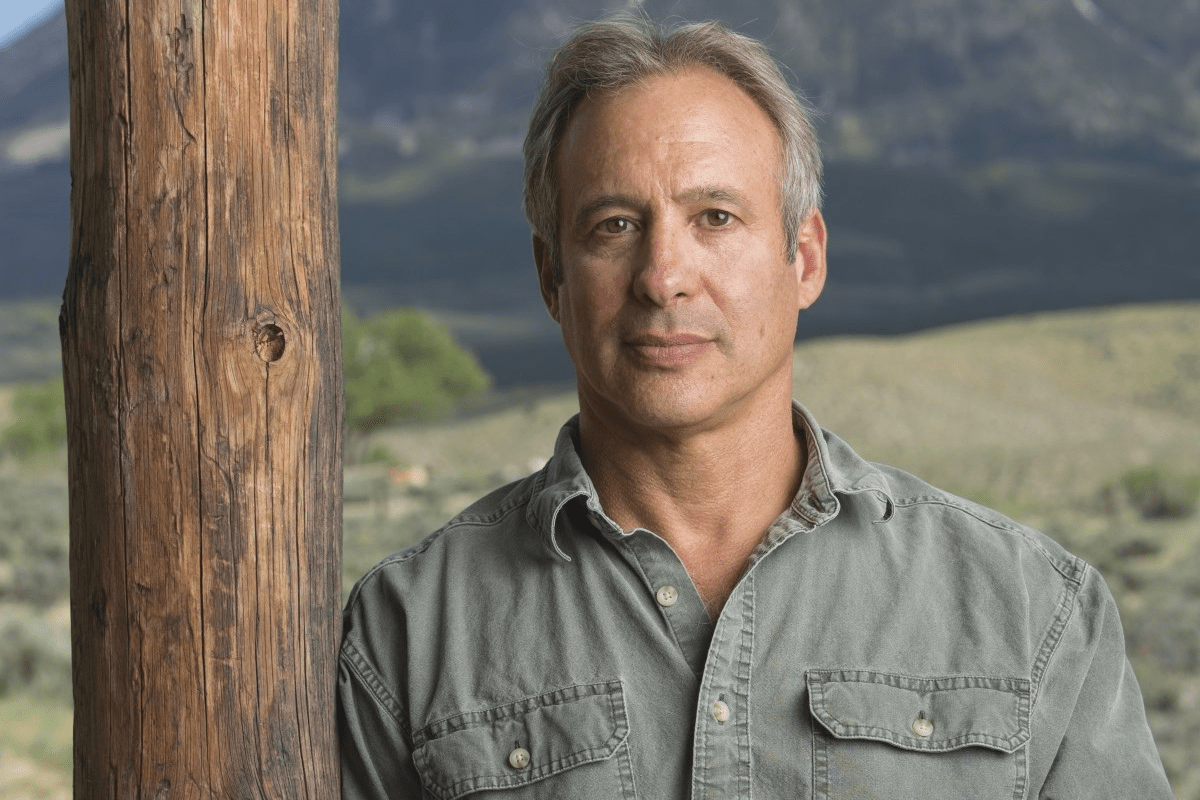Peter Heller is a longtime contributor to NPR, and a former contributing editor at Outside Magazine, Men’s Journal, and National Geographic Adventure. His previous novels include “The Dog Stars,” his celebrated debut and breakout bestseller in 2012, as well as the Colorado Book Award-winning “The Painter” in 2014. “The River” from 2019 also became a national bestseller and led to “The Guide” in 2021. “The Last Ranger,” about an enforcement ranger in Yellowstone National Park, was published last year and his latest novel, “Burn,” was published in August, 2024. Heller is also an award winning adventure writer and the author of four books of literary nonfiction. He has worked as a dishwasher, construction worker, logger, offshore fisherman, kayak instructor, river guide, and world class pizza deliverer. He lives in Denver.
SunLit: Tell us the backstory of “Burn.” Was there one particular real-life event that cemented the idea of a dystopian narrative, or was this an idea you’d been considering for some time?
Peter Heller: I never have an idea for a novel. I came up as a poet and I’m always more interested in the music of the language than a plot. So I start with a first line whose cadence and sound I love and follow it into the second line and the third. The story rides on the back of the language.
Pretty soon I bump into whatever’s on my heart, what’s really concerning me. And that often surprises me. You don’t have to be an aficionado of current events to feel the fracturing in our country, the growing and fundamental fissures in how we see the world and our roles as individuals and as a society; to see the disagreements curdling to hatred and sometimes to violence.
I was once teaching kayaking on a remote river in Costa Rica. We came out after four days and discovered that the Berlin Wall had fallen. So having two best friends go hunting together in remotest Maine and emerge into a world of bewildering violence does not seem like much of a stretch.
SunLit: Place this excerpt you’ve chosen in context. How does it fit into the book as a whole? Why did you select it?
Heller: As I wrote myself into the narrative, I found myself following (protagonists) Storey and Jess as they moved through this landscape racked by violence. And like them, I had no real idea what was going on. I had to discover it with my characters — just as a reader would. Which was thrilling and kind of terrifying. I chose the excerpt to give a sense of this movement, and of the deep friendship between the two men.
SunLit: How does the relationship between your characters Jess and Storey, who emerge from their trip to find a starkly divided America, fit into the broader societal and political rift?
UNDERWRITTEN BY

Each week, The Colorado Sun and Colorado Humanities & Center For The Book feature an excerpt from a Colorado book and an interview with the author. Explore the SunLit archives at coloradosun.com/sunlit.
Heller: Well, there is this sense that whatever happens in this conflict — which may or may not be rippling out into the broader nation — their friendship is solid, irrevocable. I can only hope that their bond stands for the state of our Union. That whatever the perceived betrayals or wrongs…we can get past them. In the history of the world there has never been a nation or a community with the manifold beauty and potential of the United States of America. I believe that. I pray that we endure.
SunLit: Your work has been praised often for the way your novels incorporate the natural world. What is the significance of the wilderness setting in which “Burn” unfolds?
Heller: I’m not sure what the significance is of the natural world in “Burn”. Except that the sheer and enduring beauty of the Earth in her wildness throws into high relief the folly of men. And that somehow her implacable silence, her refusal to hate or judge, may redeem us.
SunLit: Your early work in adventure writing explores some amazing exploits, from surfing to sailing with eco-pirates to epic whitewater expeditions. How have those experiences influenced and informed your novels?
Heller: On those journeys I often encountered wild country at its most ferocious and raw, and witnessed characters under great pressure. Often, too, I chronicled my own succession of emotions through ambition, pride, desire, fear, love, terror, euphoria. Worthy ingredients for good fiction.
“Burn”
Where to find it:
- Prospector: Search the combined catalogs of 23 Colorado libraries
- Libby: E-books and audio books
- NewPages Guide: List of Colorado independent bookstores
- Bookshop.org: Searchable database of bookstores nationwide

SunLit present new excerpts from some of the best Colorado authors that not only spin engaging narratives but also illuminate who we are as a community. Read more.
SunLit: Within the genre of dystopian fiction, do you have any favorite writers and/or filmmakers whose work has entertained, inspired or influenced you?
Heller: For sure. Ishiguro slays me. One of the most disturbing novels I ever read was his “The Unconsoled.” It may not be strictly dystopian, but the protagonist enters a world that gradually and irretrievably tilts away from what we accept as a stable reality. The tilting itself becomes the nightmare. His speculative “Klara and the Sun” I found equally disturbing. Nor can I ever shake Nevil Shute’s “On The Beach.” It was written in 1957 and is as chilling today. A young family in Australia tries to carry on their sweet and normal life as they wait for the fatal fallout from a nuclear World War III to waft into the Southern Hemisphere. It broke my heart…for all of us. And then, of course, “The Road.” Cormac McCarthy is a great and bleak genius.
SunLit: How does the theme of male friendship fit into “Burn” and how do its distinguishing characteristics dovetail with the narrative?
Heller: Jess and Storey have been friends since kindergarten. They grew up a mile apart on a dirt road above a small town in Vermont and they went through school together, shared a thousand dinners, helped each other’s families cut firewood and make maple syrup. They know each other’s heartbreaks and joys and they are loyal and forgiving. They are generous to a fault, usually gentle, but harsh when they need to be. And they, like all of us, are far from perfect people. The novel is as much about their friendship and about the search for a certain grace as it is about societal dystopia.
SunLit: Some early readers have described the secessionist battle in “Burn” as a “very possible” scenario in our not-so-distant future. Do you share the view that we may be closer than we think to such a consequence of our deeply divided political and social outlooks?
Heller: I think it could happen the day after tomorrow. Truly.
SunLit: Many authors who have released books in the last couple of years have talked about the influence, for better or worse, of the pandemic on their creative process. How did you navigate the shutdown?
Heller: The shutdown was tough. I write in a coffee shop and I had to adjust to writing at home. That was okay. Thank God, many of the things I love most are outdoors and often solitary. I could keep fishing, and running whitewater with others was safe enough. My wife has a keen sense of humor and that helped a lot. Someone asked her how COVID went and she gave the best two word answer I ever heard: She turned to me and said, “You again?”
SunLit: Tell us a little about your writing process. When and where do you prefer to write? Do you have a routine? Do you outline your novels or do they develop as you go?
Heller: I write in a coffee shop, as I said. I drink two big mugs of strong coffee before I even get there. When I’m onto a novel, I write a thousand words a day, six or seven days a week. I never write less and always write just past the quota until I’m into something exciting and then I make myself stop. That way I’m always in the middle of something, and the next morning I can’t wait to jump out of bed and keep going. I don’t edit as I go, I don’t usually plot or plan, but follow the language, images, characters…follow a narrative current into new territory. I want to be as surprised as the reader.

